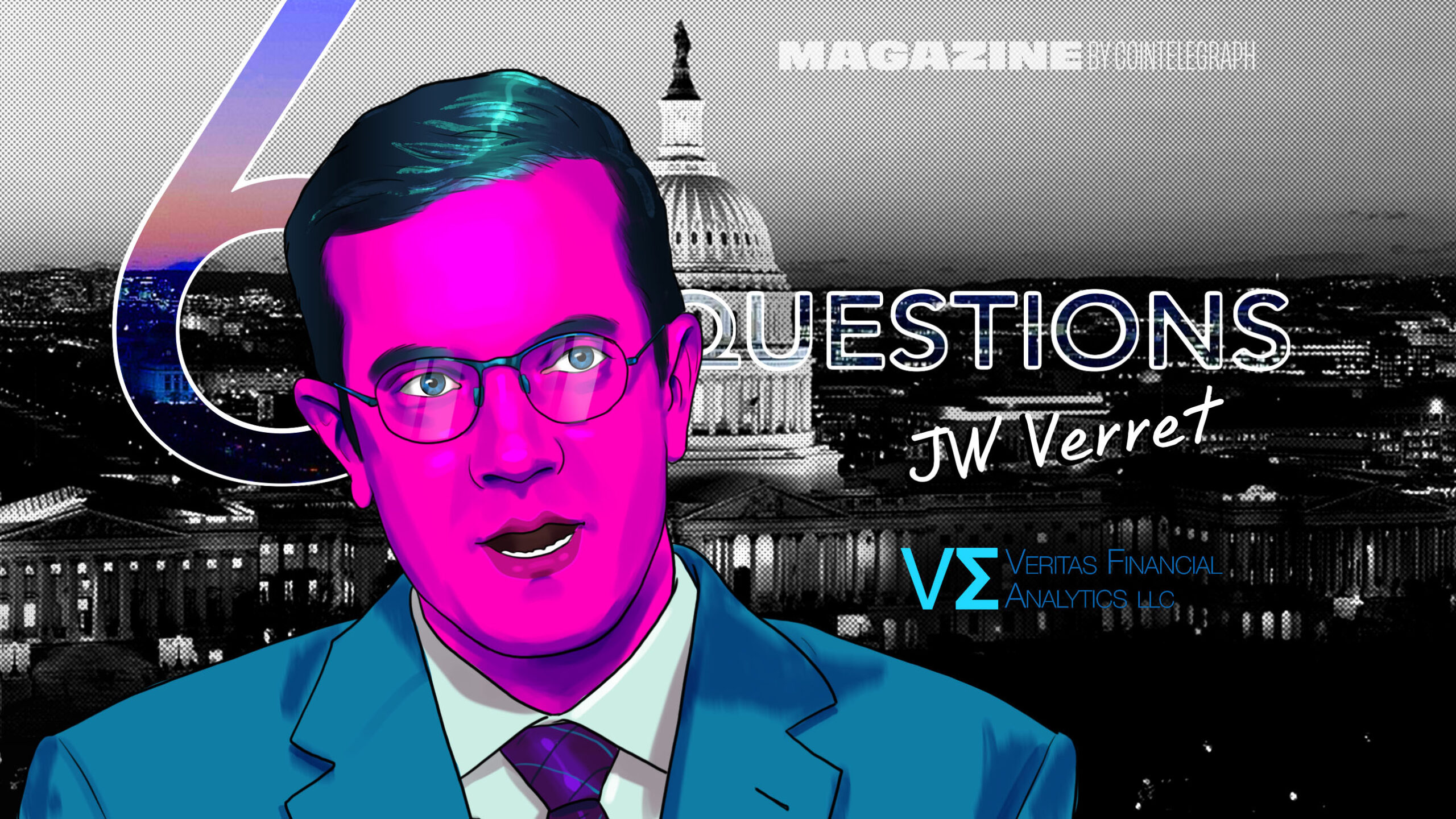SEC vs. Ripple: Pro-XRP lawyer urges Clayton, Hinman testimony
John Deaton points out that testimony from former SEC officials Bill Hinman and Jay Clayton during the SEC vs. Ripple Labs case would have categorized XRP as a non-security early on.
153 Total views
3 Total shares

Pro-XRP attorney John Deaton says that the United States Securities and Exchange Commission (SEC) erred in filing aiding and abetting allegations against Ripple’s CEO Brad Garlinghouse.
Deaton highlighted that testimony from former SEC officials Bill Hinman and Jay Clayton during the SEC vs. Ripple Labs case would have categorized XRP (XRP) as a non-security early on, but the agency deliberately disregarded this information for an extended period.
On X (formerly Twitter), user Digital Asset Investor.XRP said if it were his choice, he would have summoned a16z attorneys Lowell Ness and Chris Dixon as initial witnesses in the SEC vs. Ripple legal battle, along with former SEC officials Clayton and Hinman.
Deaton agreed that it was essential for Hinman to provide testimony but that there was no chance to legally summon a former SEC chair for a trial. Nevertheless, Deaton contends that the SEC erred in its decision to charge Garlinghouse, especially considering Clayton’s inclination to file a complaint against executives on a personal basis in a non-fraudulent context.
He maintains that Clayton holds substantial importance as a witness who should provide testimony in the courtroom. Notably, Clayton engaged with Ripple’s CEO and chief technology officer, during which Garlinghouse conveyed that “Ripple is living in purgatory” following the Hinman speech. However, neither Clayton nor Hinman explicitly stated that XRP was categorized as a security.
Related: Gen Z in South Korea prefers XRP and other altcoins to BTC and ETH: Report
Obtaining clarification from Clayton and Hinman could have averted legal expenses and time consumption, potentially boosting cryptocurrency adoption. The SEC aims to reverse the decision even after Judge Analisa Torres ruled that XRP is not a security in certain instances.
Recently, a significant XRP whale moved over $20 million worth of the tokens to exchanges while the price continued breaching its support levels.
Magazine: Crypto regulation: Does SEC Chair Gary Gensler have the final say?








